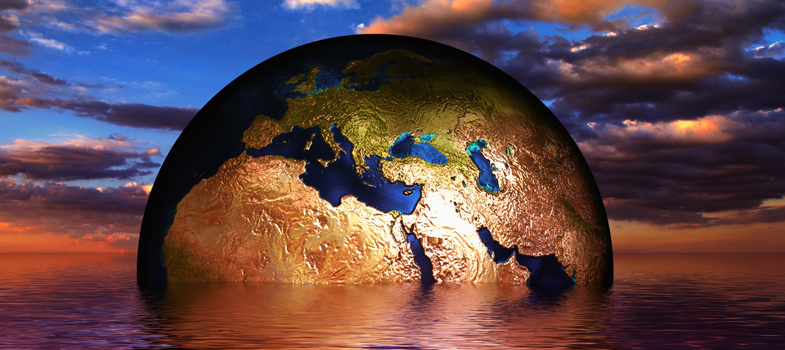3 Developing resilience
A key concept in responding to challenges in ways that are positive and healthy – so that we can make better decisions and take action – is that of ‘resilience’. Resilience is derived from ecology (although it is a widely used term) and refers to the ability of a system (personal, social, ecological, political, cultural) to transform itself in order to adapt and survive.
As was mentioned above, the Transition Movement suggests that we need to create local community resilience to withstand the shocks of global social and ecological threats, as old institutional structures fail. This involves strengthening local resources so that we can rely, once again, on local food, energy supply, waste management, healthcare, recreation and livelihoods, for example. This transition process makes human communities more resilient and strengthens our relationship to ourselves, between each other – and to the rest of nature.
In psychology, becoming more resilient means we are equipped to act meaningfully when challenged by changes around us. From this healthy ability to ‘cope’ we find a solid psychological foundation from which to act. Finding resilience can be likened to finding the eye of the storm, the calm place inside ourselves that helps us think carefully when all around is chaotic.
Psychology and psychotherapy offer strategies, techniques and practices for building resilience.
This type of resilience is often also derived from many forms of spiritual practice, both within and beyond organised religion.
Chapter 8: ‘Bouncing back from failure and crisis’ in Chris Johnstone's book Find Your Power explores how challenges and failures can strengthen us and build resilience. You can find out more about Chris Johnstone on his website and on YouTube.
Chapter 2 of Joanna Macy and Molly Young Brown's book Coming Back to Life: Practices to Reconnect Our Lives, Our World entitled ‘The greatest danger: apatheia, the deadening of mind and heart’ explores the psychological causes of inaction in response to current global realities.
For a more in-depth discussion of these issues, you can find Philip Cushman's paper entitled ‘Why the self is empty: toward a historically situated psychology’ on the University of Texas at Austin's website. The paper was published in 1990 in the American Psychologist (vol.45, no.5, pp.599–611).
Activity 3
Think about a time when you felt anxious about climate change or another ecological issue. For example, when you see flooding or environmental refugees on the news, when you hear predictions about the effects of sea level rise on coastal communities, or when you see evidence of the impacts of climate change in the area where you live. Bearing this in mind, explore these questions.
How did you cope with this anxiety?
Did you cope well or could you have coped better?
What made the anxiety subside in the end? Did the cause of the anxiety really subside?
Can you identify times when you have denied, projected or repressed difficult emotions about ecological issues?
Can you identify times when you have been resilient?
2.2 Understanding our emotional responses to climate change: disconnection, projection and repression
